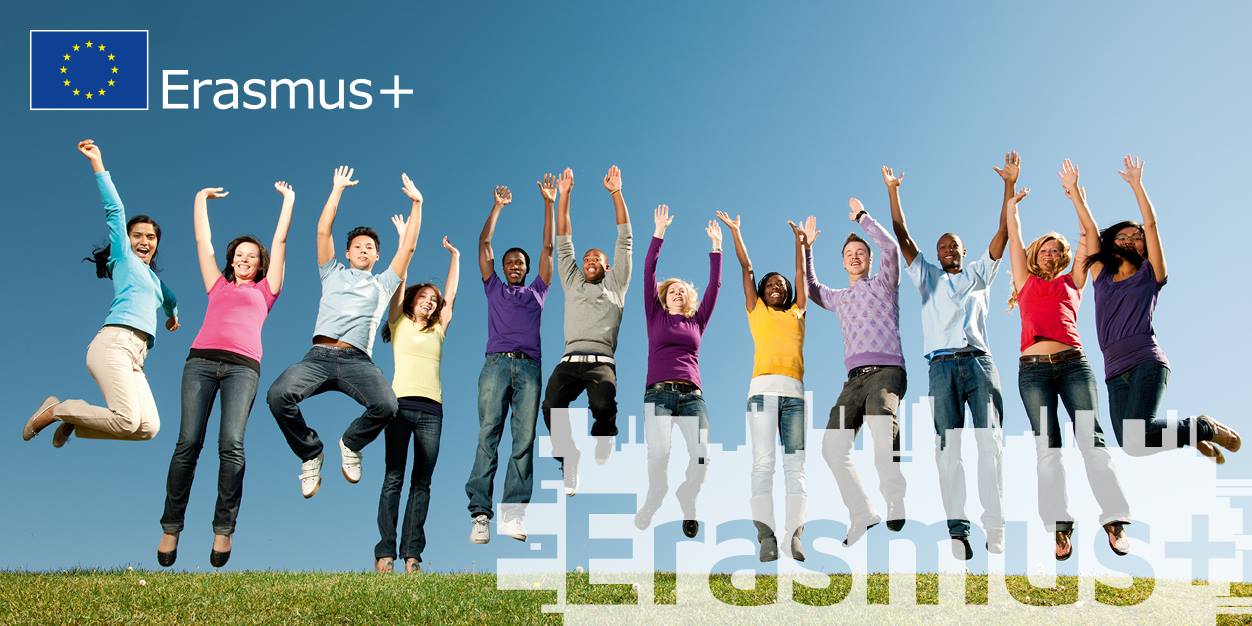Twenty five Serbian students have been awarded full Erasmus+ scholarships to enroll in master studies programmes for a chance to further their professional training, broaden their experience and make new contacts with people from across the globe. Over the course of next two years, Serbian students will attend the most prestigious master programmes in 11 EU countries (Belgium, France, Spain, Portugal, Germany, Finland, Italy, Denmark, Czech Republic, Estonia and the Netherlands).
Erasmus Mundus joint master programmes are designed as interdisciplinary programmes to spur cooperation and joint work among higher education institutions in Europe and beyond. Erasmus scholarships allow students to educate themselves abroad, broaden their knowledge, learn or perfect a foreign language, live in EU countries and meet different cultures and nations, but also to explore their own abilities and boundaries.
Serbia participates very successfully in the Erasmus+ programme and is considered a leader in the Western Balkans. Since 2014, education institutions and youth organizations have been coordinators or partners in projects worth more than 83 million EUR, some 8,000 teachers and students have been awarded mobility scholarships to EU countries, while more than 3,300 persons have come from other countries to Serbia. As of 2019, Serbia is a full-fledged member of the programme and can participate in all its components.
Since the beginning of the original Erasmus Programme in 1987, over 9 million youths have had a chance to go abroad and acquire new experiences and knowledge, develop leadership skills, broaden their personal and professional horizons and prepare themselves to play an active role in the civil society, based on the values of solidarity and intercultural understanding. Erasmus+ was established in 2014, bringing together all initiatives in the area of education, training, youth and sports under one single framework. Currently, 33 countries take part in the programme (all 28 EU Member States and Turkey, North Macedonia, Norway, Iceland and Lichtenstein).
The European Commission has recently published two studies on the impact of Erasmus+ on higher education. The studies found that Erasmus+ helps students find a desired career and job more easily, boost European sense of belonging, supports digital transformation and social inclusion. Other findings show that former Erasmus+ alumni turned out happier with their jobs in comparison to people who haven’t received at least a part of their education abroad. Also, their careers are international and they almost double the chance of landing a job abroad.
Over 70% of students who have taken part in Erasmus+ say that, after spending some time abroad, they have a clearer vision of their future career. A study on the programme’s impact on the higher education showed that 80% or Erasmus alumni found job within three months after graduation, while 75% say that their international experience proved helpful in landing their first job. Nine out of ten former alumni say that they apply skills and experiences acquired abroad in everyday life. The results are ascribed to the fact that Erasmus+ helps to match skills with labour market as it emphasises soft and interdisciplinary skills sought after by companies.




